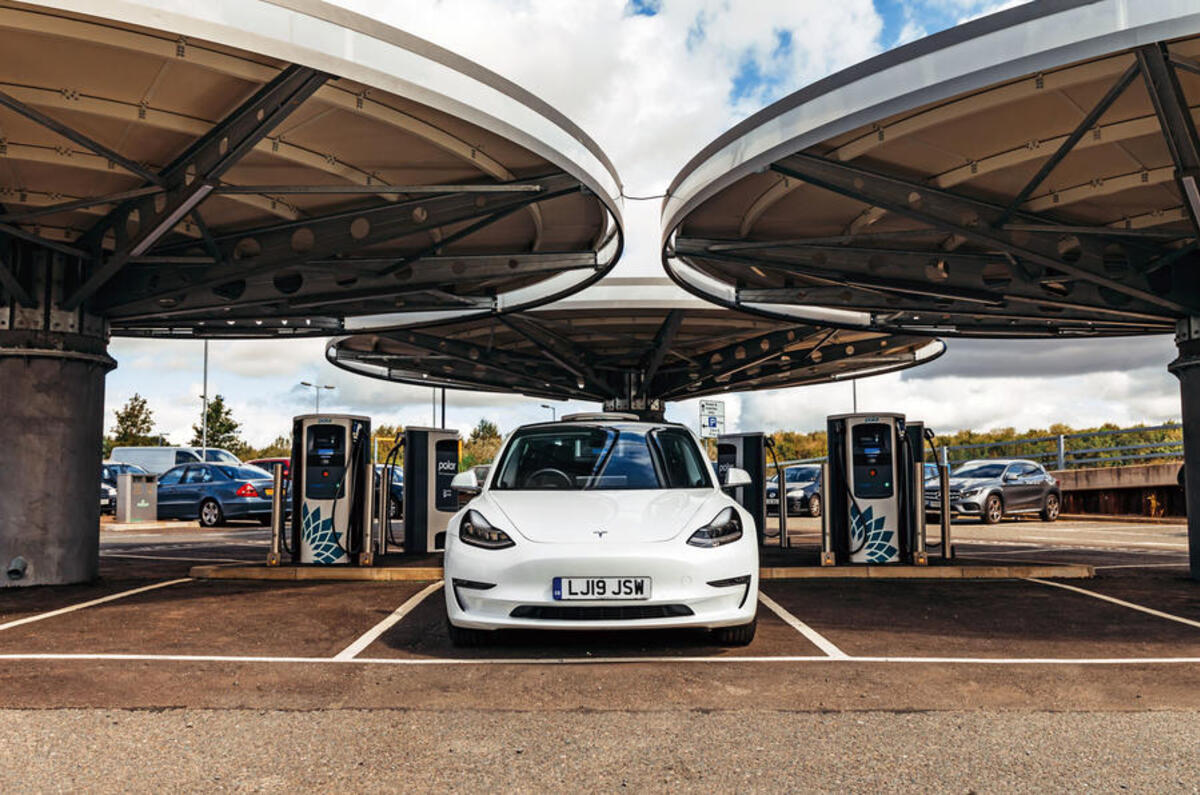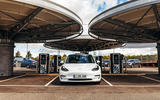Fleets and businesses are responsible for almost half of all new car registrations in the UK, and the government has 20 years using company car tax to encourage drivers to choose vehicles with the lowest CO2 emissions.
Company car tax incentives have helped stimulate demand for diesel and hybrid cars, but by far the most generous financial breaks are reserved for electric vehicles and it’s proving influential. In fact, the SMMT says two thirds of 2022’s new electric cars were registered to fleets and businesses. Here’s how it works.
How much tax will I pay for an electric company car?
Company cars are one of the most desirable perks for employees, providing access to a (usually) brand new and fully maintained vehicle that’s also available outside work hours. Unfortunately, this doesn’t come for free. If you’re using a company-owned car for private journeys then HMRC class it as a Benefit-in-Kind (BiK), and you’ll be taxed for doing so.
Autocar's company car tax calculator shows exactly what you'll pay for every make and model
Several factors affect the size of that tax bill, but the biggest influence is the car’s CO2 emissions. Company cars are taxed based on what’s called a ‘taxable value’ – which is a percentage of their list price, weighted against vehicles that emit the most CO2 at the tailpipe.
Although electric vehicles have a higher list price than their petrol or diesel counterparts, they are rated at 0g/km CO2 and fall into a much lower tax band.
Company car tax bands are currently frozen until April 2025, which means drivers are taxed on just 2% of the list price if they choose an electric vehicle. That compares to 25% or higher for even the most efficient petrol, diesel or so-called ‘self-charging’ hybrid models.
Although the tax bands will increase every April from 2025 onwards, in line with the new financial year, HM Treasury has confirmed that those incentives will remain in place until at least 2028.
The following table shows some examples, based on the 2022-2025 tax bands:
| Vehicle | Type | P11d | BIK rate | Taxable value |
|---|---|---|---|---|
| Peugeot e-208 Allure Premium+ | Electric |
£32,590 |
2% | £652 |
| Peugeot 208 1.2 PureTech 100 Allure Premium+ | Petrol | £22,495 | 28% | £6,299 |
| BMW i4 eDrive40 M Sport | Electric | £57,630 | 2% | £1,099 |
| BMW 320d M Sport Auto | Diesel | £42,885 | 30% | £12,866 |
Drivers’ annual Benefit-in-Kind payments are a percentage of the taxable value, which matches their income tax rate. England, Wales and Northern Ireland use three bands (20%, 40% and 45%), while Scotland has five (between 19% and 46%). For example, a 20% taxpayer would pay 20% of the taxable value each year, split equally across their payslips.










Add your comment